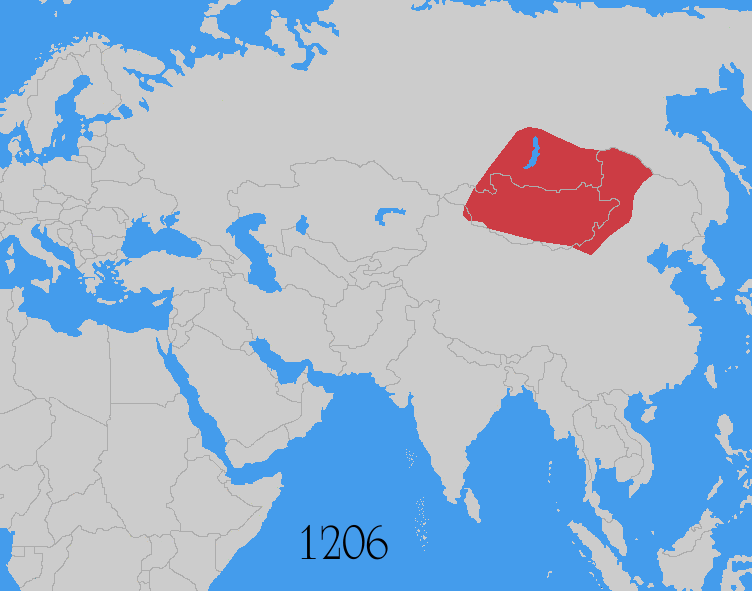 |
| Family photo, 1920; the baby is my future stepfather. |
After proving that Sylvia Plath was not a Jew -- her maternal ancestry is 100 percent Central European Roman Catholic -- it turns out I was the Jew.
Found out my maternal great-grandmother's surname was Goldmann.
Of course I am not a real Jew unless my great-grandmother, grandmother, and mother practiced Judaism. Grandma and Mom were so Polish Catholic they pinned hankies on our heads. In 1886 Josepha Goldmann in Prussia married a Polish Catholic, the church wedding record giving her maiden name as "Josepha Goldmann alias Wlodarczyk." "Alias" is so very unusual in such records, and the handwriting so cramped, that a searcher before me transcribed Josepha's name as "Goldmannalias." [1]
Genealogy is a hobby. I've been at it about a year, taking lessons in the software, learning as I go, and I know that Jewishness is passed down through mothers.
Then I looked up online why a Jewish girl might get a Polish alias and marry a Polish Catholic named Ludovicus Ziolkowski and have two kids and then emigrate to Chicago and have ten more kids before disappearing from official records. Maybe she ran away. Ludvik, an iceman, then remarried, siring a total of two sons and 14 daughters, two named Josephine. My grandmother was the one born in 1896, according to pages I tore from the family bible.
I told my sister we had a Jewish female ancestor, and she told her daughter, who thanks to other people's research can now also qualify as a Daughter of the American Revolution because her father's 6X great-grandfather was a captain in the Revolutionary War. My father's family records were destroyed in World War I, but new databases of World War II Nazi Persecutees and Displaced Persons let me follow his progress from camp to camp to Ellis Island. Dad had us raised as Eastern Orthodox Christians, whose priests blessed us with herbal incense and holy water, and we had all sorts of rituals, some cognate with Jewish ones.
What was different now that I was Jewish? Earlier in life I might have cared more. I respect Judaism and Jewish authors, the latest Sylvia-Plath-related book I read being Alfred Kazin's lyrical depth-charge A Walker in the City (1951) about growing up Jewish in Brooklyn. Kazin was Sylvia's teacher. She had to have read the book. Her memoir "Ocean 1212-W" has similarities.
But back at the family tree some days later I saw I had identified the 1896 daughter named Josephine Ziolkowski with her father Ludvik through the 1900 U.S. census. Polish baptismal records show my genuine grandmother was born in 1893, to Francizek, not to Ludvik, and no Ludvik, no Jew. I had also confused Francizek's wife Mary Kotwica (b. 1864) with another Mary Kotwica (b. 1865), both emigrants to Chicago and both buried in the same cemetery.
I cleaned up my family tree, merging and purging and trying to match genuine great-grandfather Francizek, b. 1858, with the 30 or so "Francis" "Franz" "Franciscus" and "Frank" Ziolkowskis born around then. Not finding him I couldn't find his parents so couldn't ascertain whether Ludvik who married the Jew might be Francizek's relative.
Then I double-checked the name Goldmann and learned that "Goldmann" with two "n"s is a German name denoting a goldsmith or gilder. The Jewish version of the name is Goldman.
So Josepha was not a Jew who masqueraded as Polish -- as some girls did -- but a Germanic woman who assumed a Polish alias so as not to be mistaken for a Jew. Which is what Sylvia Plath's immigrant grandparents did when they anglicized their surname, Grunwald, to Greenwood.
I spent hours, having once again to learn: Guesses are always wrong.
I make mistakes. But this one -- the very idea -- confirmed for me that I could use a vacation.
[1] "Alias" in Polish names sometimes signifies a pseudonym chosen to disguise political activity.


.svg.png)

,%20Josepha%20Magdalena%20Schmidt%20(1828%E2%80%931863)%20%E2%80%A2%20Land_%20-%20www.familysearch.org.jpg)